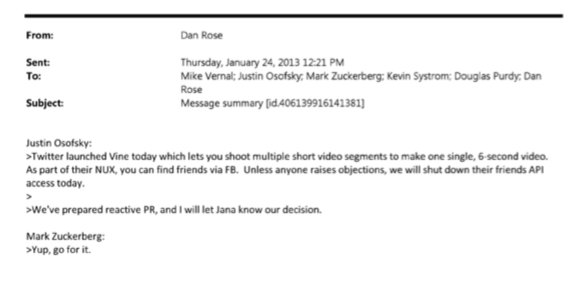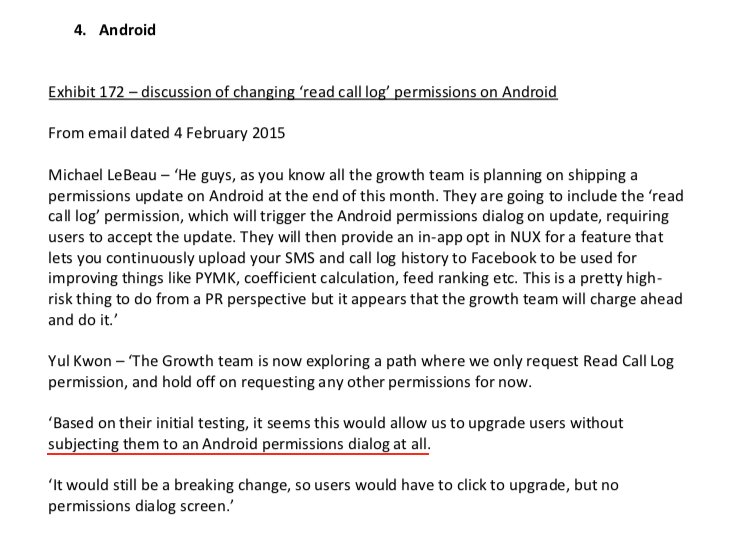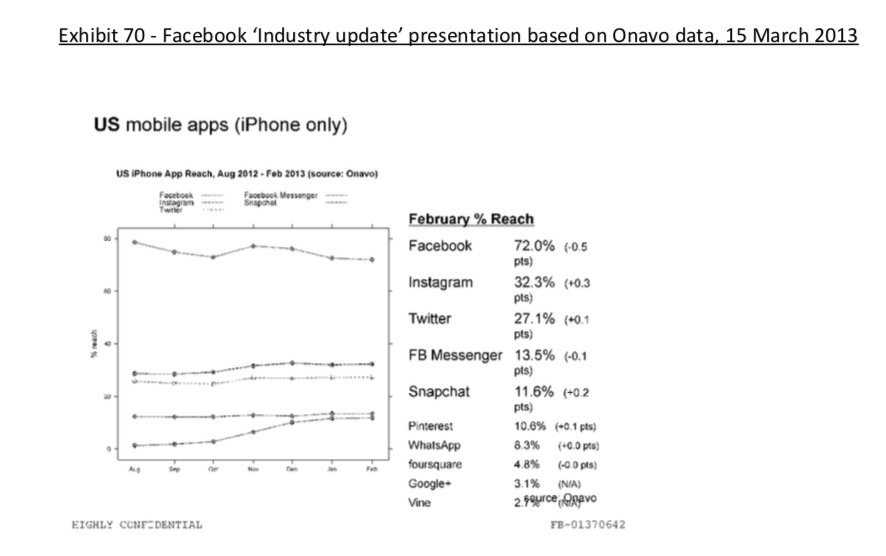The purpose is to give something to cite when ppl later claim "But there was NO WAY OF KNOWING..."
h/t
@ErikSTownsend who used the same format to call out the impact of Covid on Feb 8 and made me personally aware of the looming shutdown of the country
https://t.co/opuiNgSeqC !
Bitcoiners smarter than me have been predicting the takeover of the dollar by Bitcoin for many years.
In 2014 with Bitcoin barely at $1B,
@pierre_rochard wrote
https://t.co/EGHa58KqHq, covering all the incorrect narratives of Bitcoin and stating it will overtake the dollar.
"[skeptics] misunderstand how strong currencies like bitcoin overtake weak currencies like the dollar: it is through speculative attacks and currency crises caused by investors, not through the careful evaluation of tech journalists and 'mainstream consumers'" -
@pierre_rochard
I first became bullish on Bitcoin in the summer of 2016, around a $3B market cap, but it was still a toy project at that time in the eyes of most in the financial world, while many technologists thought of it as a v1 technology to be improved on.
My first writings on Bitcoin in the fall of 2016 after 4 months of study correctly identified the monetary importance, but incorrectly understood blockchain as an application platform and predicted the rise of Ethereum, which I no longer believe can work.
https://t.co/aKGjgSQMps
Today, at $200B, it is exceeding our wildest dreams, while skeptics look on bewildered, shouting "bubble", for ten years straight, being forced to shift goal posts from "it will go to zero" to "two public companies buying an aggregate $500M of Bitcoin is not a pattern".
But to my thinking it was the week of Oct 8, 2020 when it first became crystal clear, and that traditional financial media reporting on Bitcoin was out of touch with reality, with the announcement of Square's purchase of $50M in Bitcoin.
Media earlier in the year continued to talk criminals and bubbles despite the entry into Bitcoin space by financial giants such as NYSE, CME, and Fidelity, investments into Bitcoin mining by Peter Thiel, and entry of macro players like Paul Tudor Jones and Raoul Pal.
Bitcoin now receives daily coverage in the financial press, while the opinion arms of the same publications write FUD pieces, and mislabel Bitcoin news as "crypto", "cryptocurrency", or "coin", as if driven by some insane force to avoid stating the painfully obvious.
It was back in August that MicroStrategy, a billion dollar Nasdaq listed company, announced the purchase of 21,454 bitcoin, almost five times the amount Square did. Media mostly slept on the initial purchase by $MSTR, unlike the coverage of Square, which was widely publicized.
I immediately recognized that this was the first of many to follow, retweeting Saylor's Sep 15 announcement of the aggregate purchase of of $425M worth of Bitcoin for his company's corporate treasury.
Some in traditional finance analyzed this move as a hail mary by a wacky CEO who had voting control and didn't have to answer to anyone. But Mr. Saylor had been using his Covid quarantine time to study the hardest money ever to be invented.
A "perfect storm" for Bitcoin has formed in 2020, which will ultimately lead to the replacement of the dollar with Bitcoin on the balance sheets of many major corporations, and likely states, within the next decade.
The perfect storm is 1) Bitcoin is the scarcest and hardest money ever to be invented, with a fixed supply that is changeable by no one 2) More than 7000 clones and competitors have been created with near zero market uptake 3) Dollars are being debased on an unprecedented scale
4) The world is tired of US hegemony and censorship over its currency 5) Countries that are sanctioned by America need a neutral currency to trade 6) Corporations need a reserve asset that cannot be debased 7) Leading companies such as Square and MicroStrategy demonstrating...
…not only the safety of, but a necessity to hold Bitcoin on corporate balance sheets to avoid dollar debasement 8) Bitcoin has become incredibly deep and liquid, able to sustain a $500M purchase over a few days without major slippage.
To summarize, by Oct 8, 2020 - it was crystal clear that Bitcoin was going to eat all weaker currencies alive. That includes the dollar. Be long dollars at your own risk.
A major thank you to
@michael_saylor and
@jack for your leadership in showing the world that this is the way.





















